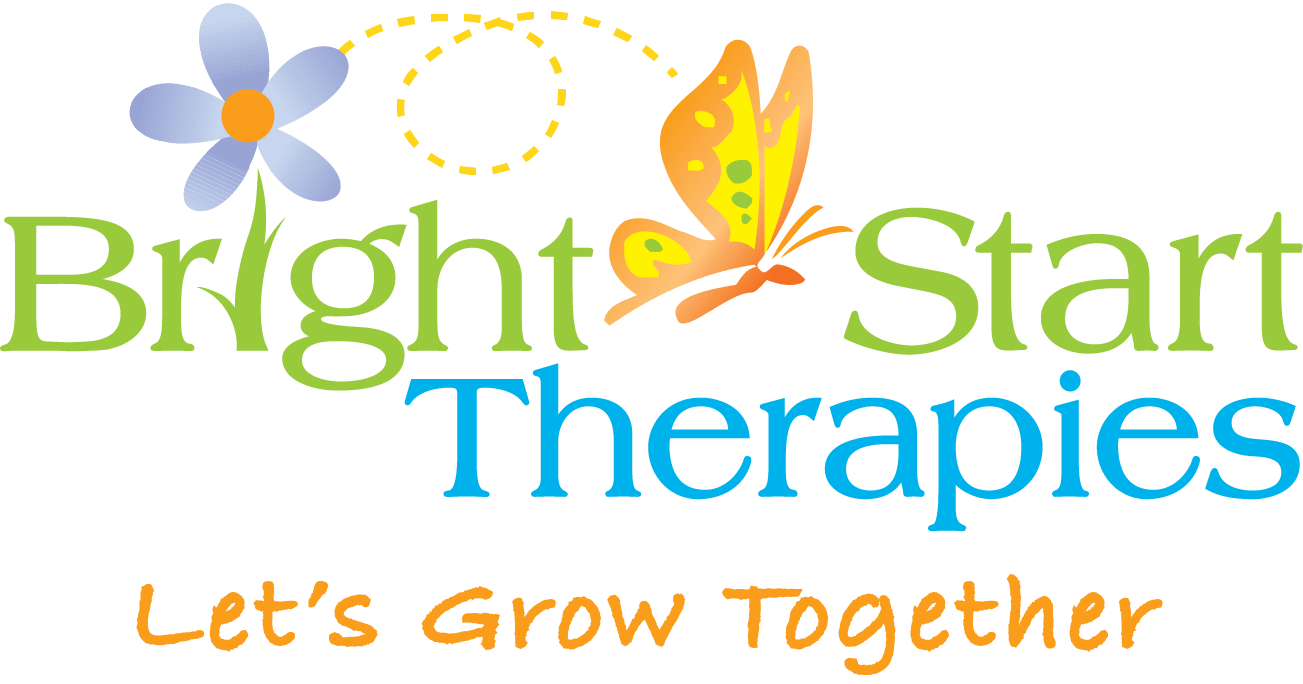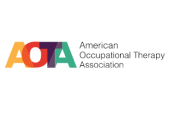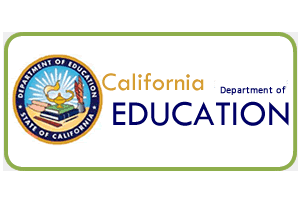Speech and Language Evaluations
Speech and Language Evaluations are conducted for the purpose of determining the strength and weaknesses of a child in a variety of areas of speech, language, and/or social pragmatic skills. Our comprehensive assessments will include a parent interview, review of past records including health, developmental milestones and previous assessments where applicable, formal standardized measures using the latest and most comprehensive diagnostic tools, informal observations, and behavioral observations. For young children it is more play-based with some formal measures and for school age children the evaluation is more formal but uses materials of interest to your child to keep them motivated!

Before Your Evaluation
• Complete new client paperwork • Bring any related reports, documents or medical information. • Be prepared to answer questions about your child's medical and developmental history as well his academic history if your child is school age.
Before Your Evaluation
• Be prepared to ask any questions you may have and share your concerns. • Make sure your child is not hungry or thirsty. Please do not bring food or drinks into your evaluation.
DURING THE EVALUATION
• Expect to meet a licensed Speech-Language Pathologist (SLP) who will conduct your initial evaluation. • Most of the assessment is done in a play environment and will be fun!
DURING THE EVALUATION
• Your licensed SLP will use a variety of methods to assess your child, including observations, parent interview, play-based activities and formal testing.
After The Evaluation
• You will receive a written report detailing the evaluation results • Results and recommendations will be reviewed with you
After the Evaluation
• Specific goals for your child’s individual needs will be created and shared with you
Types of Speech and Language Evaluations
Oral-Mechanism Examination
The therapist will examine the structures involved in speech production (oral cavity, lips, jaw, tongue, teeth, palate etc) to make note of any difficulties or abnormalities that may be contributing to a feeding delay or speech production delay. This is a noninvasive procedure that causes very little discomfort for the child although some young children do not like strangers peering in their mouths, thus this part might be a challenge! Some children also might be sensitive to touch around the mouth and this will be noted. Altogether this should only take fifteen to twenty minutes to complete. Therapy would include improving functional skills the client may need to build on to achieve appropriate feeding skills or verbal speech production skills.
Speech Evaluation
If your child has speech sound concerns, the therapist will begin the evaluation with an oral-mechanism exam. The speech sound assessment uses both standardized assessment instruments and speech sampling procedures to evaluate production in sounds, syllable, single words and connected speech. Then the therapist will determine how many sounds in the English Language is your child able to produce correctly in a variety of contexts. The information is analyzed to determine what type of speech delay may be present. Speech Delays include: Articulation delay, Phonological delay, Childhood Apraxia of Speech, Severe Speech Sound Disorder.
Language Evaluation
The therapist will look at all areas of language development including comprehension of language and expression of language in multiple contexts to identify the presence of any type of language disorders, to describe the nature of the disorder, and to support planning for intervention or treatment.
Stuttering/Cluttering Evaluation
A Stuttering Evaluation will assess and quantify a child’s speech fluency skills and stuttering-related behaviors. A variety of speech samples are taken in different contexts then analyzed identify children who stutter, to determine the severity of the stuttering, and document changes in speech fluency over time.
Childhood Apraxia of Speech Evaluation
A evaluation of this type is completed to determine the presence of Childhood Apraxia of Speech (CAS) or to rule out this type of speech disorder and determine the best course for treatment for a child who has difficulty making speech sounds for connected speech production. This comprehensive evaluation may include the assessment of many related areas of speech therapy as well that may be affected due to a speech delay. Both informal and formal testing measures that may be part of the assessment include: oral motor evaluation, standardized speech assessment specifically for childhood apraxia of speech, standardized articulation test, informal speech samples of increased length and complexity, speech samples of repeated productions of target syllable shapes or words, imitated, elicited and spontaneous speech samples, analysis of prosody and intonation, standardized vocabulary test, expressive and receptive language test, grammar test and phonemic awareness and early literacy test. The speech language pathologist (SLP) will determine if documented characteristics follow standard characteristics of childhood apraxia of speech. If the SLP has observed characteristics that do not fit with normal speech/language development, they will try to determine a “differential diagnosis.” A differential diagnosis is when there is enough information to state that the child’s skills do in fact fit within a specific speech/language disorder. When a child is diagnosed with Childhood Apraxia of Speech, the SLP has made a differential diagnosis. Some children may get a diagnosis of suspected CAS (sCAS). The term is used to state that some information fits within the diagnosis and the child should be watched and followed over time to tell if differential diagnosis should be made.
Social-Pragmatic Skills Evaluation
Social-Pragmatic Communication Disorder (SPCD) refers to marked challenges with both nonverbal and verbal communication skills used in social settings. An assessment of social-pragmatic skills typically includes the use of competency-based tools such as interviews and observations, self-report questionnaires, and norm-referenced report measures completed by parents, teachers, and others directly involved in the child’s daily social settings.
Independent Educational Evaluation (IEE)
This term comes from the Individuals with Disabilities Education Act and refers to the evaluation of a student by a qualified professional who does not work for the school district responsible for the education of the child. The evaluation is typically initiated by a parent and/or a school district when additional information or a second opinion is needed for a child's education, placement, and services. This type of assessment is tailored specifically to each student and their individual needs and for that reason every assessment will vary. Some specific “core” of tests will be administered, with other measures added to the assessment depending on the compromises revealed during the assessment process. Parents can pay for their own independent evaluations at any time. However, in certain circumstances the school district may be financially responsible. The school district has regulations outlining the conditions for obtaining an IEE at public expense. However, the school has the right to evaluate your child before considering the need for an IEE.

Screenings
When you want a thorough
evaluation call Bright Start!
As a parent, we know how important it is to you to know a clear and accurate picture of your child’s strengths and weaknesses. This takes time, patience and a skilled therapist. We want to make sure we are thorough in our evaluation to enable you to make the best decisions for your child. We want you to have a very accurate representation of your child’s present skills in order to have the best understanding of the areas we can best provide intervention and assistance. The results can be shared with your child’s full team of professionals. The results, recommendations, and full report are reviewed with the family at the completion of the evaluation.











